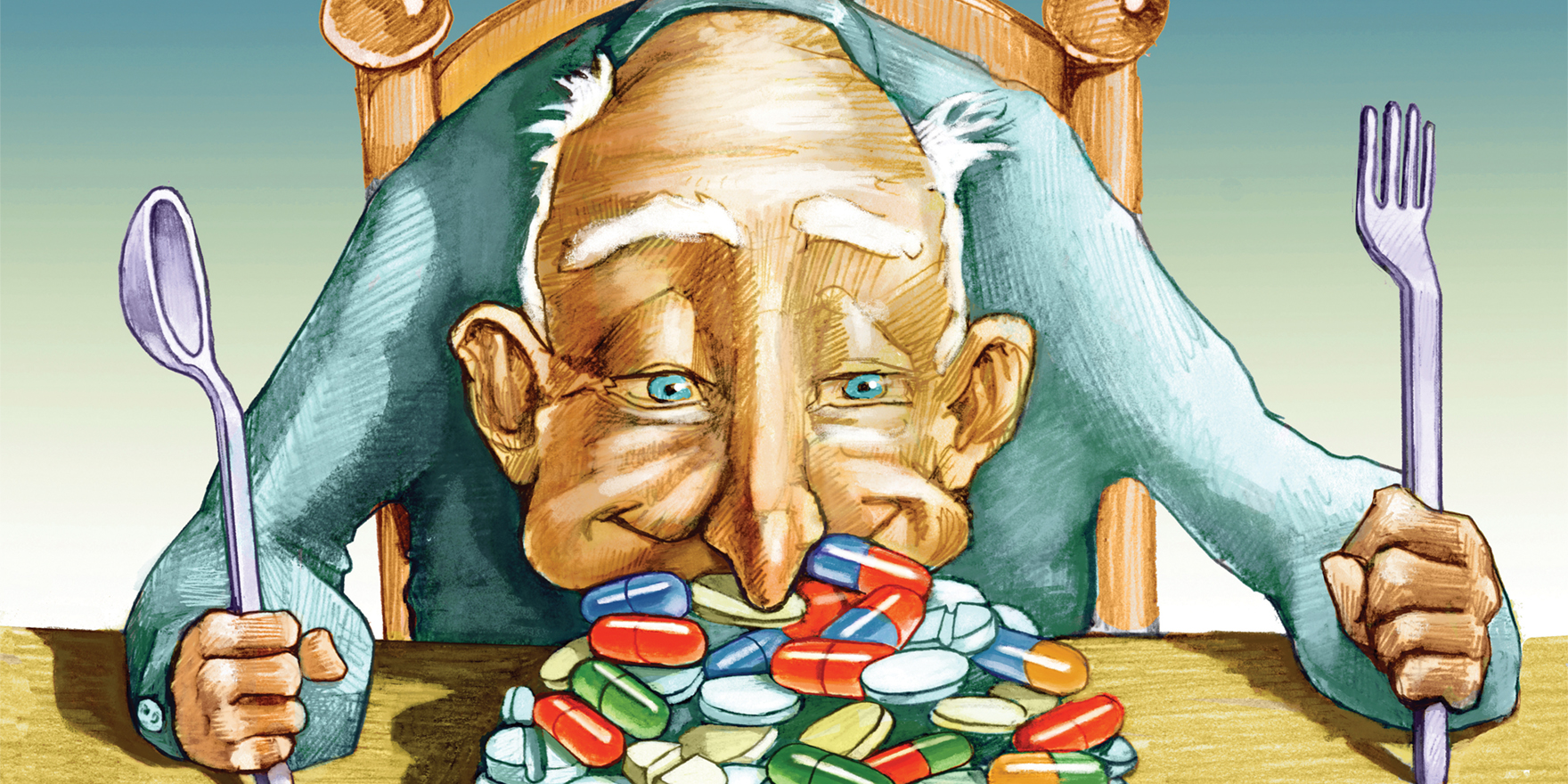Cardiologists have called for extreme caution in prescribing this drug to the over-80s
One in 10 people over the age of 80 will have atrial fibrillation, so it’s not uncommon for older patients to leave the ED clutching a prescription of the most common and effective antiarrhythmic drug on the market, amiodarone.
But cardiologists cannot stress enough how damaging this medication can be in older people if it’s continued by their GP.
A group of cardiologists have published a paper in Australian Prescriber this month alerting GPs to the specific adverse effects and drug interactions that make this medication so troublesome in the elderly.
“Amiodarone has been around for a long time and works very well, but unfortunately has a lot of side-effects,” Dr Usaid Allahwala, a cardiologist at North Shore Private Hospital and a co-author of the paper, said.
“So, it’s quite important for general practitioners or specialists to identify and be aware of those before prescribing it.”
Amiodarone is fat soluble with a long half-life of around three months. As older people have a greater fat-to-muscle ratio than younger people, the drug is more likely to build up in their system and cause problems.
Older people taking amiodarone are at greater risk of developing either an over-active or an under-active thyroid.
Amiodarone is also toxic to the skin and lungs. Pulmonary toxicity is more common in older people, and it increases threefold every 10 years of age in patients over 60. If these lung problems develop into pneumonia, the death rate is around 9% in patients taking amiodarone.
Amiodarone impairs the metabolism, which can make patients much more sensitive to drugs such as warfarin, digoxin, non-steroidal anti-inflammatory drugs, statins and benzodiazepines. These drugs are also more common in older patients.
Instead of amiodarone, cardiologists would recommend a beta blocker as the first-line agent, such as metrorol or atenolol. “You could also use some calcium channel blockers such as verapamil or diltiazem or digoxin,” Dr Allahwala said.
“They should really be seen by cardiologist or specialist prior to starting amiodarone or another rhythm control agent.”
Doctors will often prescribe a loading dose of up to 600mg of amiodarone a day in younger patients with ventricular arrhythmias, and then taper the dose over time.
“But with older patients, if you do need to use amiodarone, be cautious. Start low. I really wouldn’t give more than a 100mg a day,” Dr Allahwala said.
Amiodarone helps control the sinus rhythm in patients with AF, whereas digoxin, betablockers, diltiazem and verapamil slow the heart rate but hardly ever restore rhythm.
But there was now evidence that AF patients could be treated successfully by just controlling the heart rate and not worrying about the rhythm, Dr Allahwala said.
“In older patients in general, we would be less likely to try and pursue a rhythm strategy,” he said.
“We’re much happier with the rate-control strategy. And so that’s why a beta blockers or calcium channel blockers would be probably a more kind of preferred agent rather than amiodarone.”
Australian Prescriber, October


